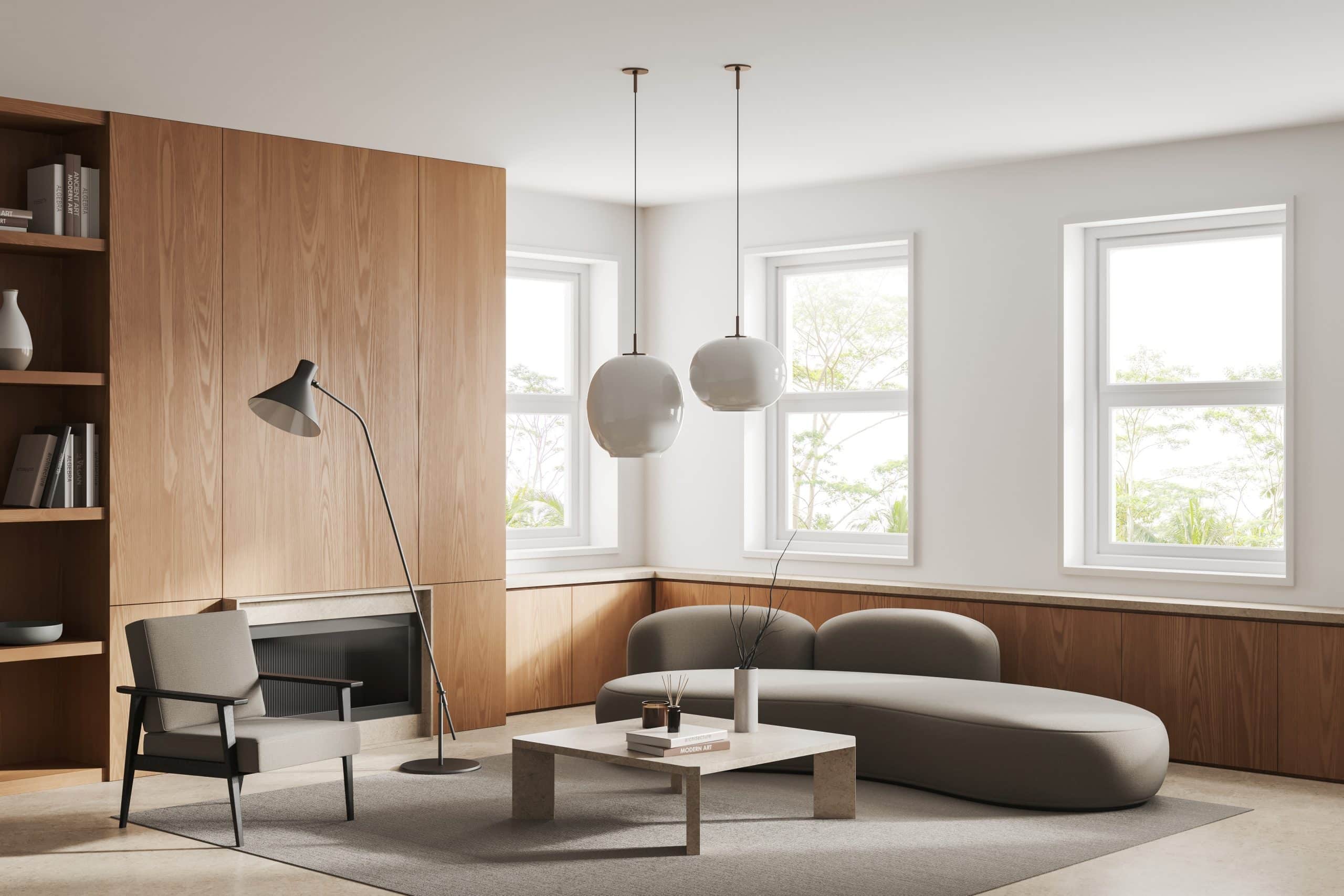In Brisbane’s warm climate, homeowners are constantly seeking ways to create energy-efficient, comfortable homes that stay cool in summer and warm in winter—without relying heavily on air conditioning or heating. A passive house (or Passivhaus) offers a smart solution, providing superior comfort, sustainability, and long-term cost savings. Whether you’re building from scratch or renovating your existing home, incorporating passive house principles can transform your living environment.
What is a Passive House?
A passive house is a building standard that maximises energy efficiency while maintaining exceptional indoor air quality and thermal comfort. These homes rely on airtight construction, high-performance insulation, strategic ventilation, and passive solar design to reduce energy consumption by up to 90% compared to traditional homes.
Benefits of a Passive House in Brisbane
- Lower Energy Bills – With reduced need for heating and cooling, passive homes can significantly cut electricity costs.
- Year-Round Comfort – Consistent indoor temperatures make for a more pleasant living space.
- Better Indoor Air Quality – Advanced ventilation systems filter out pollutants, allergens, and humidity.
- Sustainability – Passive houses dramatically reduce carbon footprints, making them an eco-friendly choice.
- Increased Property Value – Energy-efficient homes are highly desirable in the real estate market.
Key Elements of a Passive House in Brisbane
Given Brisbane’s subtropical climate, certain passive design principles are particularly important:
1. Orientation & Shading
Position your home to take advantage of natural breezes and shade. North-facing windows allow winter sun in, while eaves, awnings, and deciduous plants can block summer heat.
2. Superior Insulation
While insulation is often associated with cold climates, it’s just as crucial in warm regions. High-performance insulation in walls, roofs, and floors helps maintain stable indoor temperatures.
3. Airtightness & Ventilation
Airtight construction prevents unwanted drafts, reducing heat gain and loss. Mechanical ventilation systems with heat recovery (MVHR) ensure a constant supply of fresh air while maintaining energy efficiency.
4. High-Performance Windows & Doors
Double or triple-glazed windows with low-emissivity (Low-E) coatings help control heat transfer, while airtight doors prevent leaks.
5. Thermal Mass
Materials like concrete and brick absorb and store heat, helping regulate indoor temperatures throughout the day and night.
6. Energy-Efficient Appliances & Renewable Energy
Pairing a passive home with solar panels and battery storage can make your home nearly self-sufficient.
Working with Brisbane Passive House Specialists
Achieving a true passive house requires careful planning and expertise. Working with a builder experienced in passive house principles ensures your project meets the rigorous efficiency standards. At SE Building Solutions, we collaborate with top architects and designers to create energy-efficient homes tailored to Brisbane’s climate.
Is a Passive House Right for You?
If you value lower energy bills, sustainability, and all-season comfort, a passive house is a smart investment. Whether building new or renovating, incorporating passive design will future-proof your home for decades to come.
Need expert guidance on your renovation? Download our free guide, “The Essential Guide to Starting Your Large-Scale Renovation” from our website.

